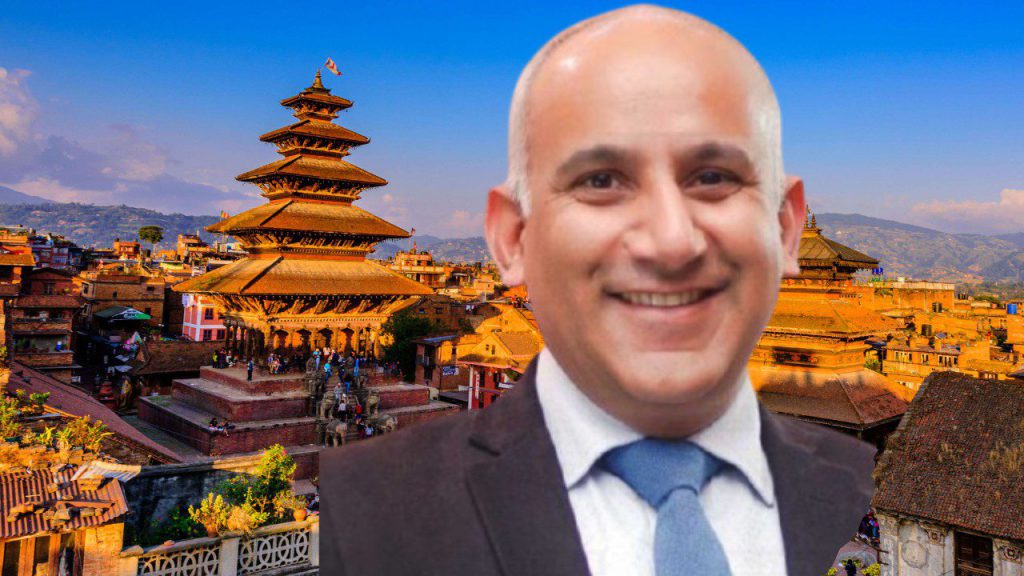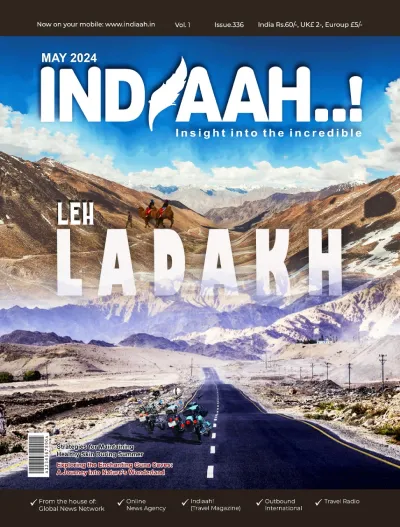
When Deepak Raj Joshi returned to lead the Nepal Tourism Board in September 2024, it wasn’t just a leadership transition—it was a statement of intent. In his own words, “It is both a challenge and an inspiration to deliver results amidst resource constraints, adverse conditions, and the expectations of the tourism sector.” And with that, Joshi stepped into his second term as CEO with clarity and conviction.
Over the past months, Joshi has not only reaffirmed his vision but also put into motion initiatives that reflect his belief in inclusive, data-driven, and future-facing tourism.
Visit Nepal Decade is not a slogan. It’s a national mission.
Joshi has been vocal about turning the Visit Nepal Decade (2023–2031) from a campaign into a catalyst for transformation. “We must move beyond promotional phrases,” he emphasized. “Visit Nepal Decade is not a slogan. It’s a national mission that requires research, strategy, and collective effort.”
He insists that tourism development must be grounded in evidence. “We need data. We need studies. The time for guesswork is over,” he said in a recent planning session. His upcoming four-year strategy reportedly focuses on international market segmentation, infrastructure enhancement, and regional branding—with an emphasis on public-private collaboration.
“The youth must own Nepal’s tourism narrative.”
In a country where more than 60% of the population is under 35, Joshi is placing his bets on the next generation. His flagship initiative, Empowering Future Tourism Leaders, is aimed at mentoring young professionals and bridging academia with industry.
“Tourism is not just about mountains or temples—it’s about people who make destinations come alive,” he said during the launch of the program. “We must give our youth the tools, the voice, and the responsibility to lead.”
The program connects students, entrepreneurs, and researchers with experienced mentors from across Nepal’s tourism sector, creating a pipeline of leadership talent aligned with the sector’s evolving needs.
“We share more than a border with India. We share aspirations.”
Joshi’s regional diplomacy is grounded in pragmatism. Speaking at the India-Nepal Tourism Meet in Kathmandu, he offered a powerful reminder: “India is not just our biggest tourism market. It’s our closest cultural and emotional neighbor. We share more than a border—we share aspirations.”
His strategy includes cross-border pilgrimage circuits, shared festival promotions, and infrastructure integration. “From the Buddhist trail to the Kumbh Mela, we must think beyond individual campaigns and focus on shared experiences,” he noted.
“Results, not rhetoric, will define our success.”
In an industry that often gets swept up in headlines and hashtags, Joshi brings a refreshing sobriety. “It’s easy to make announcements. It’s harder to create impact,” he said during a recent stakeholders’ meet. “Our job at NTB is not just to promote. It’s to perform.”
This grounded approach is resonating with tourism professionals across Nepal, many of whom see in Joshi a rare mix of vision, humility, and execution.
A Steady Hand on the Compass
Deepak Raj Joshi’s return is more than a comeback. It is, as one senior official described, “a course correction.” In his own words: “This decade will define Nepal’s tourism future. We owe it to our communities, our environment, and our youth to get it right.”
And if his recent words and actions are any indication, the journey ahead may finally be led by someone who walks the talk—step by deliberate step.

